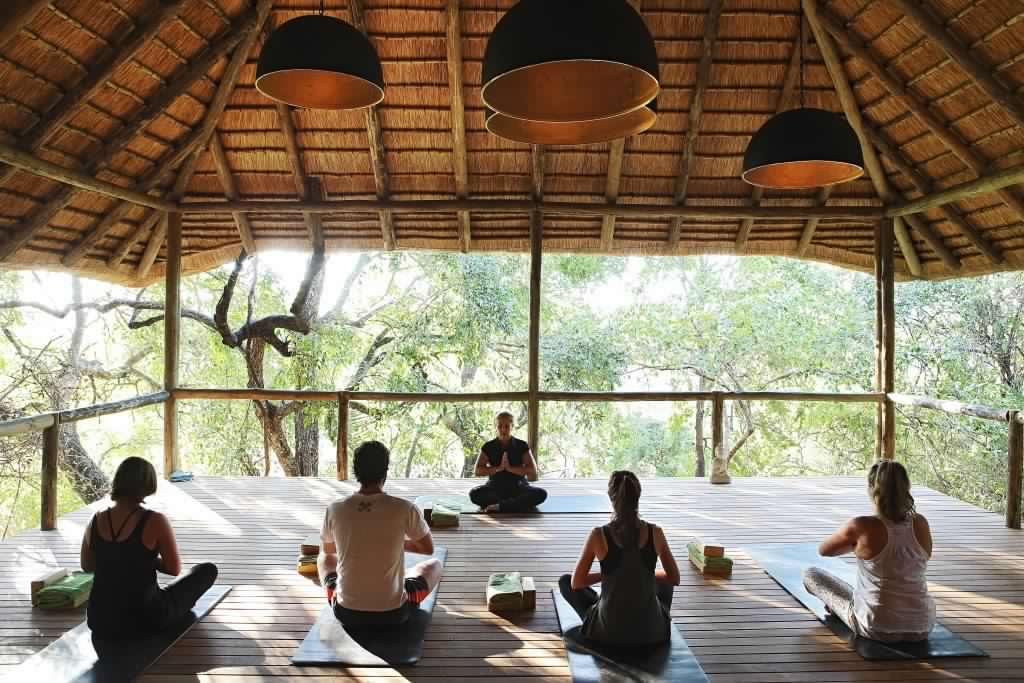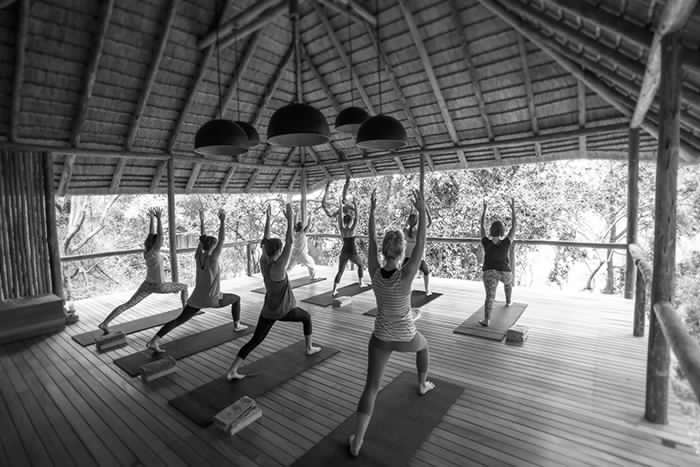
It’s easy to think that yoga is something for other people, as your head throbs while you attempt to rest the weight of thirty, forty, fifty years upon it. I kept hearing people say that, while it originated in India, “yoga is for everyone”. It doesn’t discriminate, but rather transcends religion, culture, race, gender and age. It may be easier to learn than the Argentine tango, but I often wondered, when glimpsing out from under my own shaky downward dog at the bumbling happening on the mats around me, if yoga is perhaps not for everyone.
And then I detected the changes.
The subtle ways my body started to give way more than it used to. The freeing of my breath from the chest and stomach. The quiet that replaced the noise. The stillness that transformed the tension. The passion that flowed back into the compassion. And the future that returned home to the present.
And what I realised was that yoga is something we get better at, the more time and energy we dedicate to it. It is a practice that demands practice and that rewards loyalty and tenacity, each time you roll out your mat. It feels foreign at first, as much as that tango, but, slowly, it becomes a part of you. And you, and you, and you.
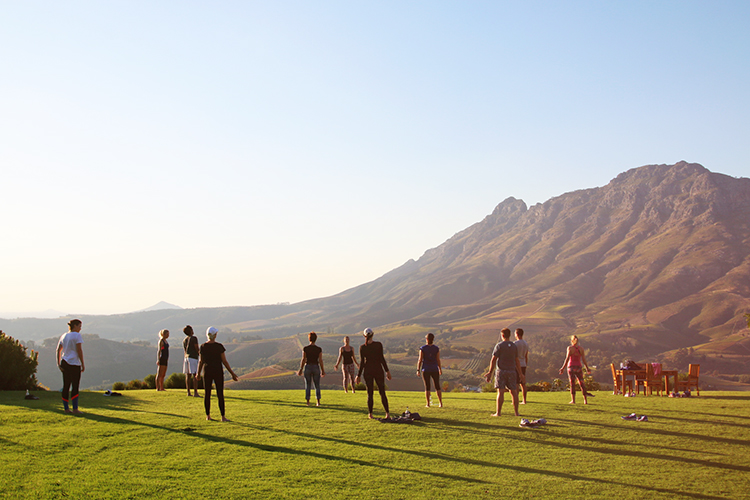
It was the Prime Minister of India, Mr. Narendra Modi, who called for a day dedicated to yoga, during a speech at the UN General Assembly:
“Yoga is an invaluable gift of India’s ancient tradition. It embodies unity of mind and body; thought and action; restraint and fulfillment; harmony between man and nature; a holistic approach to health and well-being. It is not about exercise but to discover the sense of oneness with yourself, the world and the nature. By changing our lifestyle and creating consciousness, it can help in well being. Let us work towards adopting an International Yoga Day.”
The 21st of June was chosen as the date to celebrate the day on, as it is the longest day of the year in the Northern Hemisphere and has a special significance in many parts of the world. Modi’s hope was for International Yoga Day to help spread the practice of yoga and its positive influence around the world.
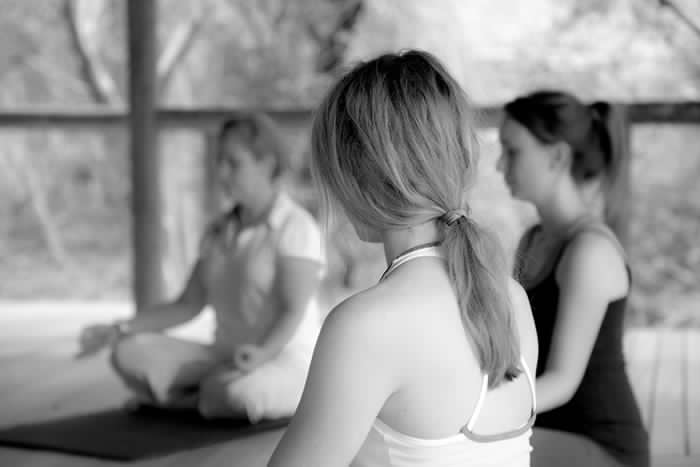
As Indian spiritual leader, Sri Sri Ravi Shankar said, “It is very difficult for any philosophy, religion or culture to survive without state patronage. Yoga has existed so far almost like an orphan. Now, official recognition by the UN would further spread the benefit of yoga to the entire world. India is the land where yoga was born and we must finally take the responsibility to spread it everywhere, starting from classrooms. This will help young people to move away from gun culture and violence.”
While spreading from north to south, east to west, yoga made a home in many of our lodges in remote parts of Africa, including Londolozi Private Game Reserve, with yoga teacher, BeJay Watson, and Royal Chundu, with Kundalini teacher, Live Shanti. In places where the stillness of the wilderness, the simple fresh air freedom, serves as the idyllic setting for yogis of still beginning their journey, wondering, as I have, if yoga really is “for everyone”, as well as the more advanced yogis.
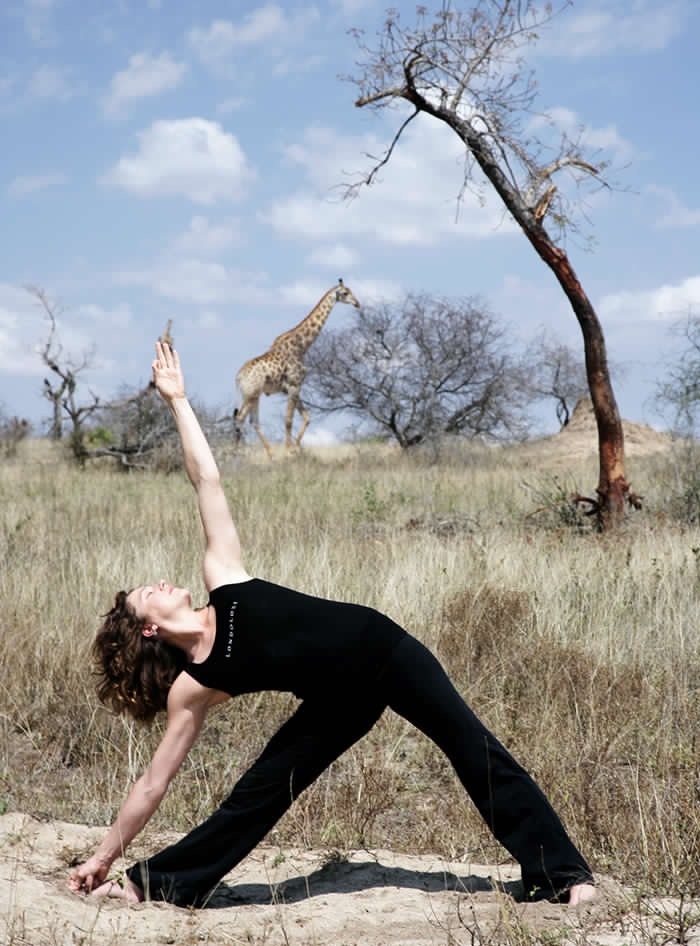
Take a look below at one of Royal Chundu’s yoga retreats held on the banks of the Zambezi River and discover more about Londolozi’s yoga sessions in their blogs, Conscious Safari: Yoga at Londolozi, and A Place To Be: Londolozi’s New Yoga Deck
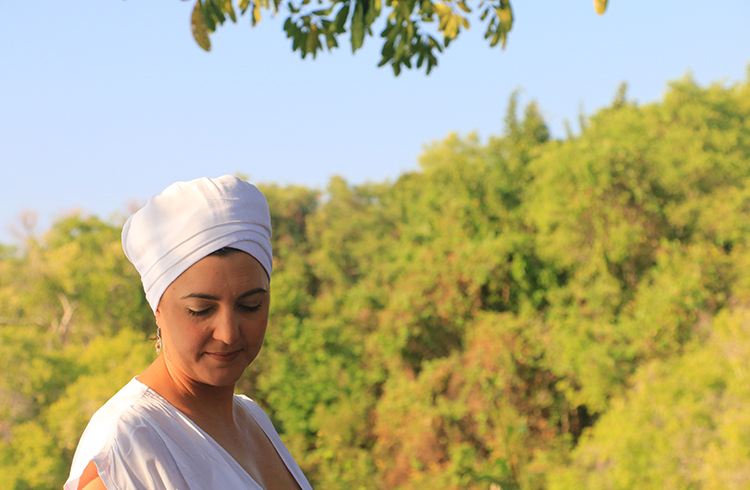

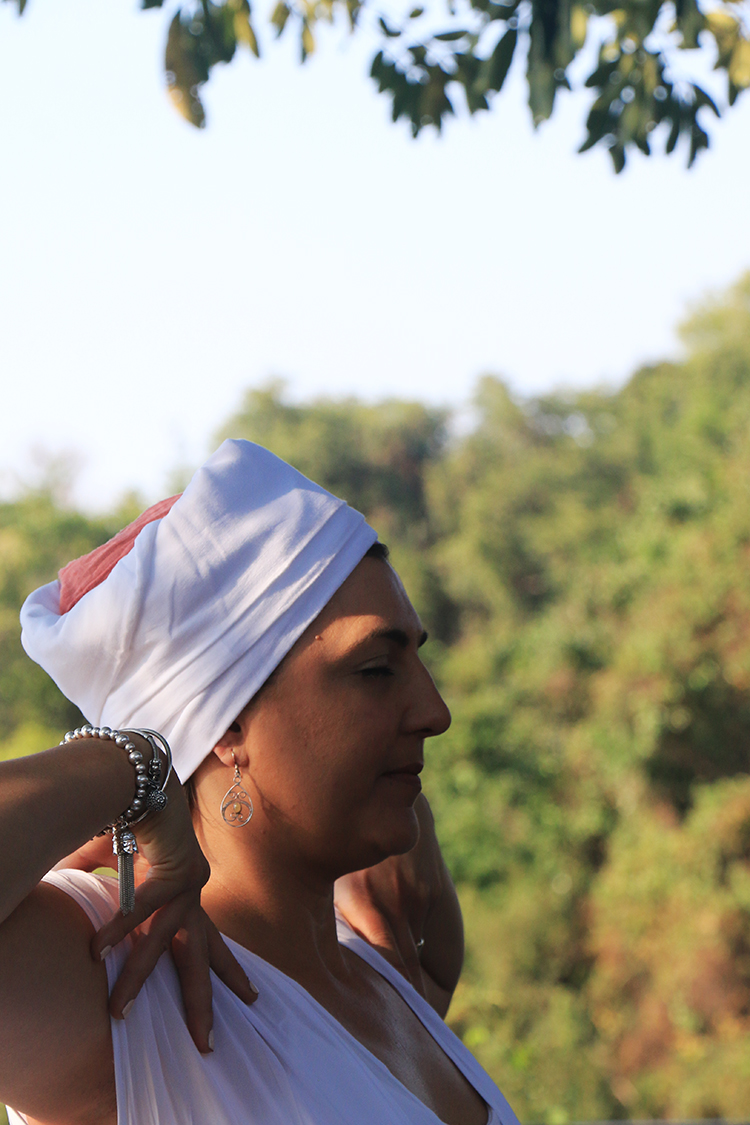
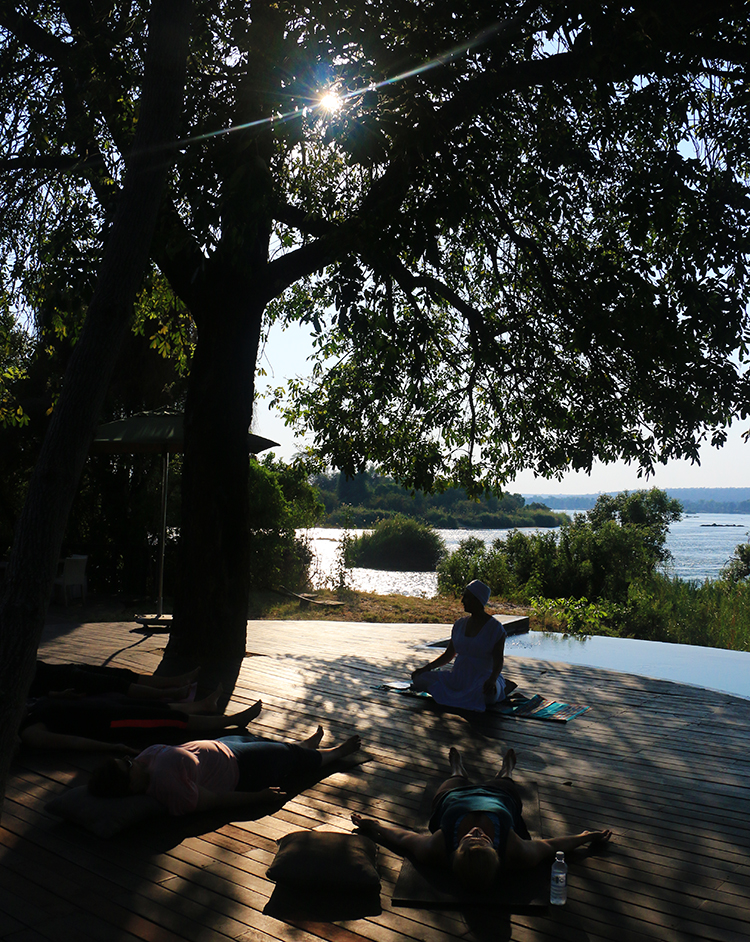
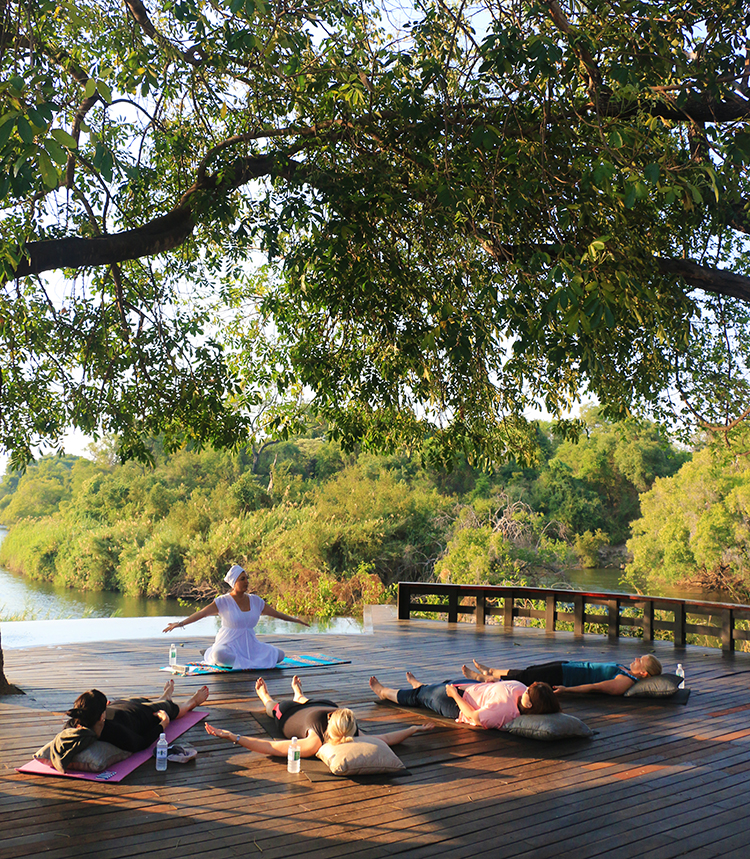
“Why they always look so serious in yoga? You make serious face like this, you scare away good energy. To meditate, only you must smile. Smile with face, smile with mind, and good energy will come to you and clean away dirty energy. Even smile in your liver. Practice tonight at hotel. Not to hurry, not to try too hard. Too serious, you make you sick. You can calling the good energy with a smile. (From Ketut Liyer, the Balinese healer).”
― Elizabeth Gilbert, Eat Pray Love

